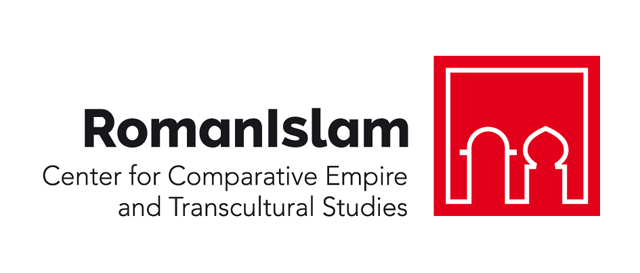Frontier Cities
"Felicitas Iulia Olisipo a three millennia town was in Roman times a town of many frontiers, but also a crossroads within the Roman Empire" by Carlos Fabião
At the beginning it was a conquest frontier, the place used as base camp for the first major campaign against the Northwest of Hispania (Strabo III.3), and after that, under Roman rule, it was a symbolic frontier between land and sea (Oceanus), the end of the world (finis terrarum) (Pliny, Nat.4,113); a major gate to enter Lusitania (a frontier between sea and inland), but also a crossroad between North and South, a place where Mediterranean meets the Atlantic.All of these references one can obtain in ancient literature have actually a strong expression in the archaeological record, despite all problems concerning the study of an ancient town beneath a modern one.
 Prof. Carlos Fabião is Associated Professor of Archaeology at Lisbon University. He is the Director of the Graduation Course in Archaeology as well as Director of Centre for Archaeology University of Lisbon (Uniarq). He works on Roman Archaeology and Ancient Economy of Lusitania.
Prof. Carlos Fabião is Associated Professor of Archaeology at Lisbon University. He is the Director of the Graduation Course in Archaeology as well as Director of Centre for Archaeology University of Lisbon (Uniarq). He works on Roman Archaeology and Ancient Economy of Lusitania.
"On the frontier and without a history(?): Sijilmasa under the Midrarids (8th-10th c.)" by Paul Love
In this presentation, I would like to share some ideas on the early history of the Saharan frontier town of Sijilmasa under the Midrarid dynasty (8th-10th centuries). In particular, I am interested in how geography and material or textual evidence impact our ability to write the story of the Midrarids. I'll raise some of the historical issues that I have found challenging and offer some thoughts on how I have tried to overcome them.
 Prof. Paul Love is Associate Professor of History at Al Akhawayn University in Ifrane, Morocco. He also currently serves as the director of the university's Mohammed VI Library. His research centers on the history of Ibadi Muslim communities in northern Africa. For the past several years, he has collaborated with international teams on projects to document and to digitize written material heritage of Ibadi Muslim communities in Tunisia and Libya.
Prof. Paul Love is Associate Professor of History at Al Akhawayn University in Ifrane, Morocco. He also currently serves as the director of the university's Mohammed VI Library. His research centers on the history of Ibadi Muslim communities in northern Africa. For the past several years, he has collaborated with international teams on projects to document and to digitize written material heritage of Ibadi Muslim communities in Tunisia and Libya.


